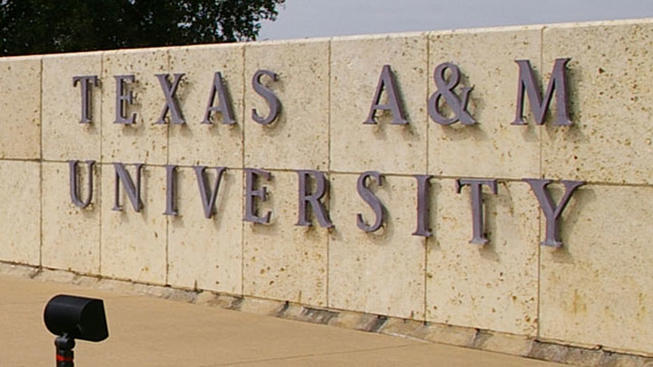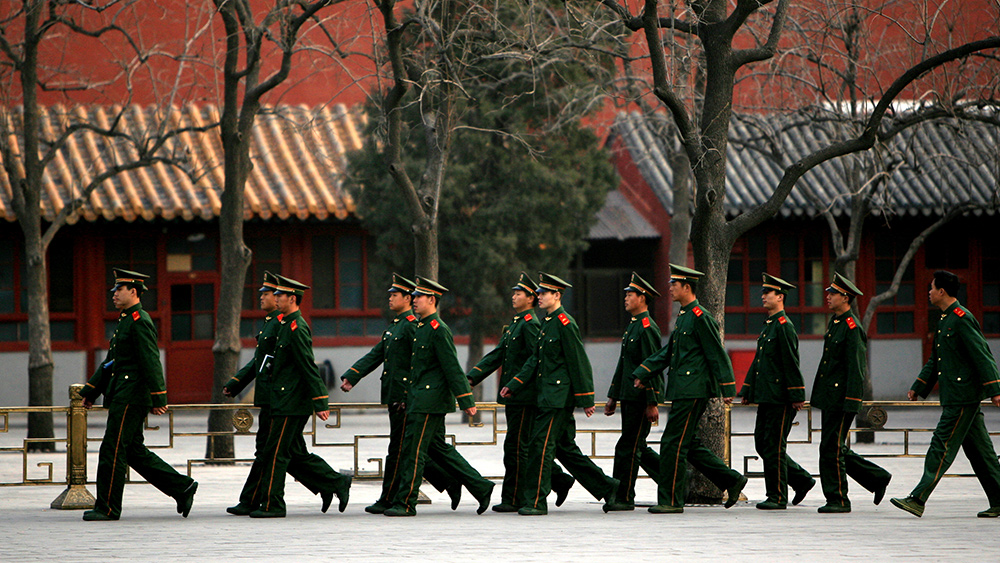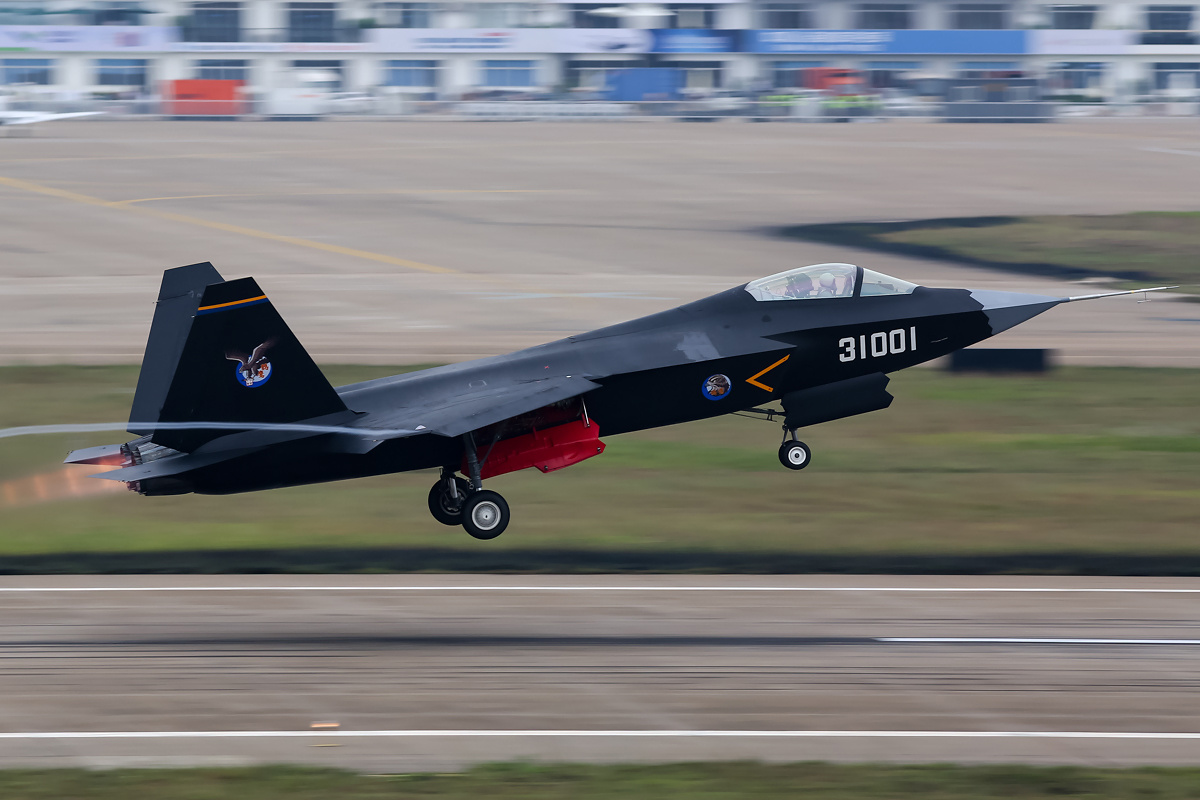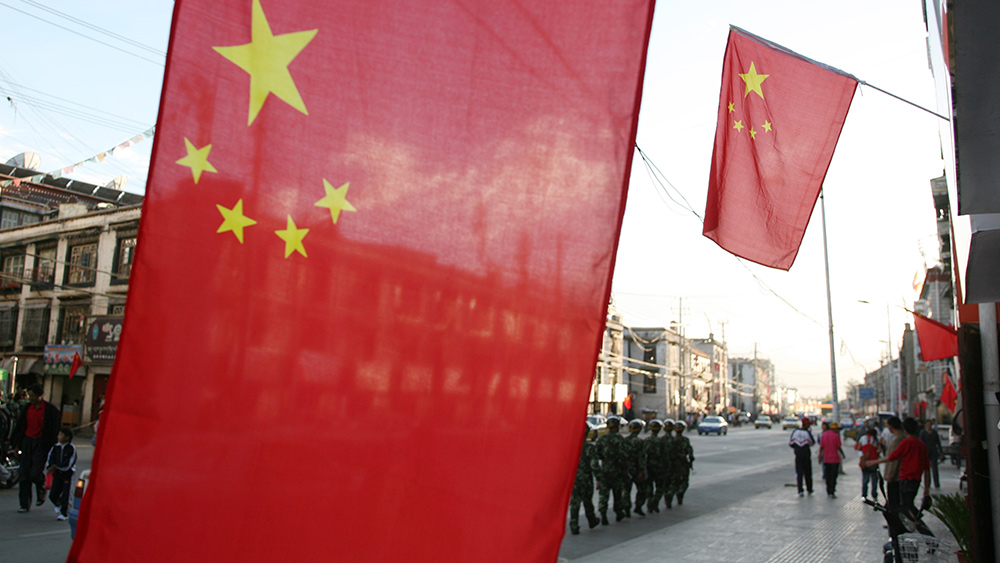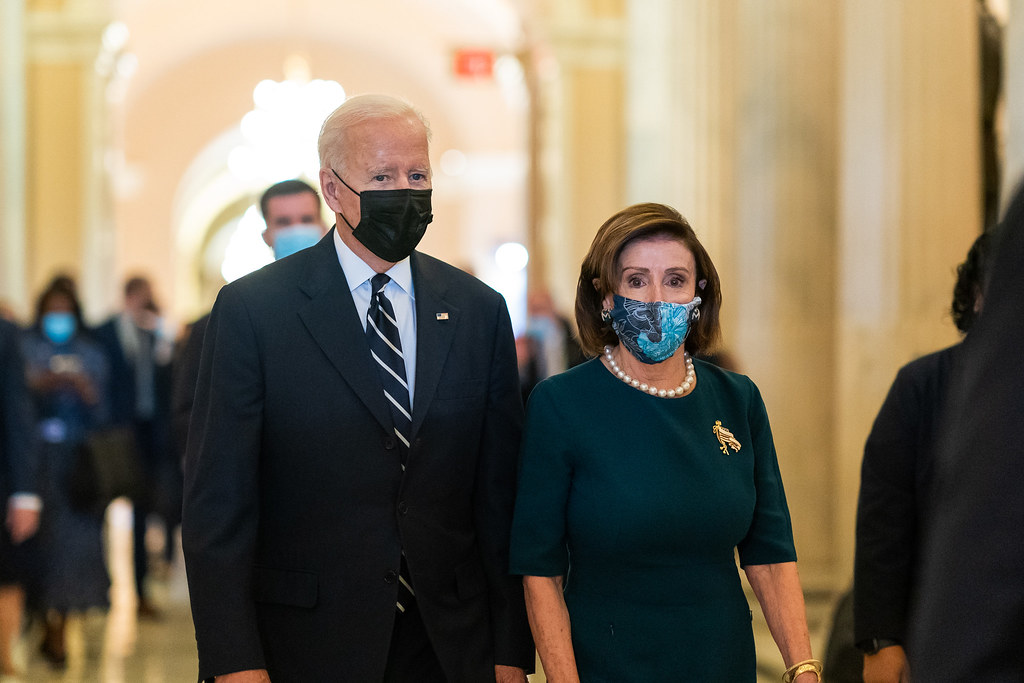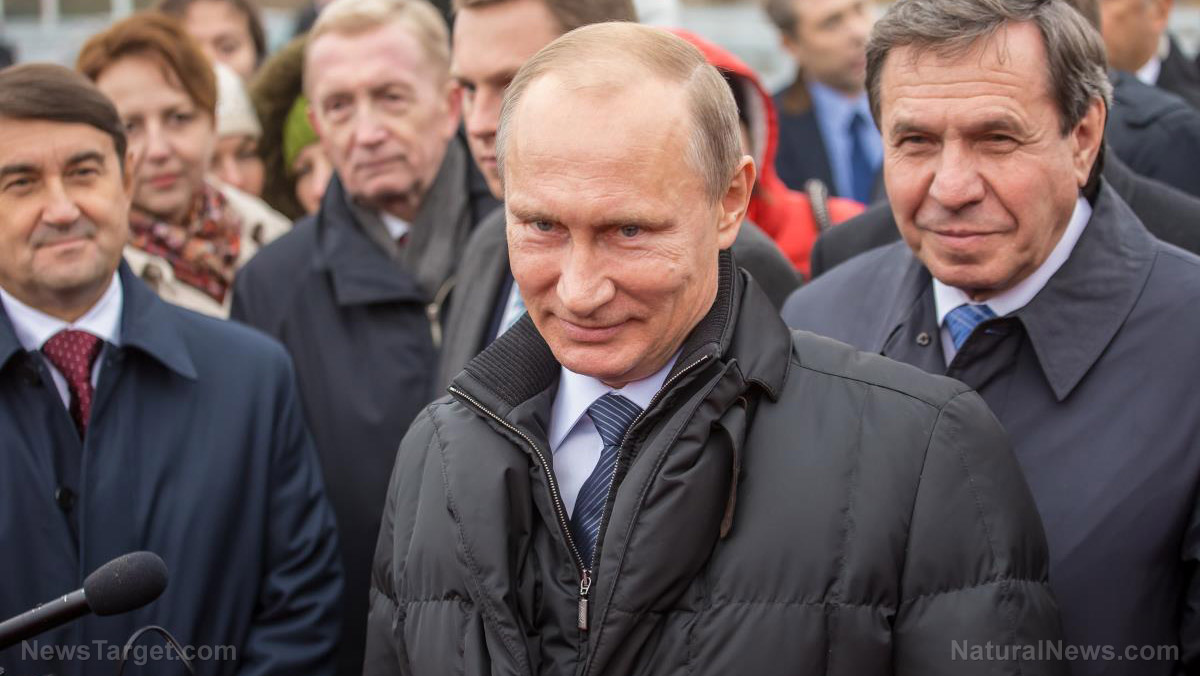Critic of congressional probe into gain-of-function research helped fund Wuhan gain-of-function study
08/12/2022 / By News Editors
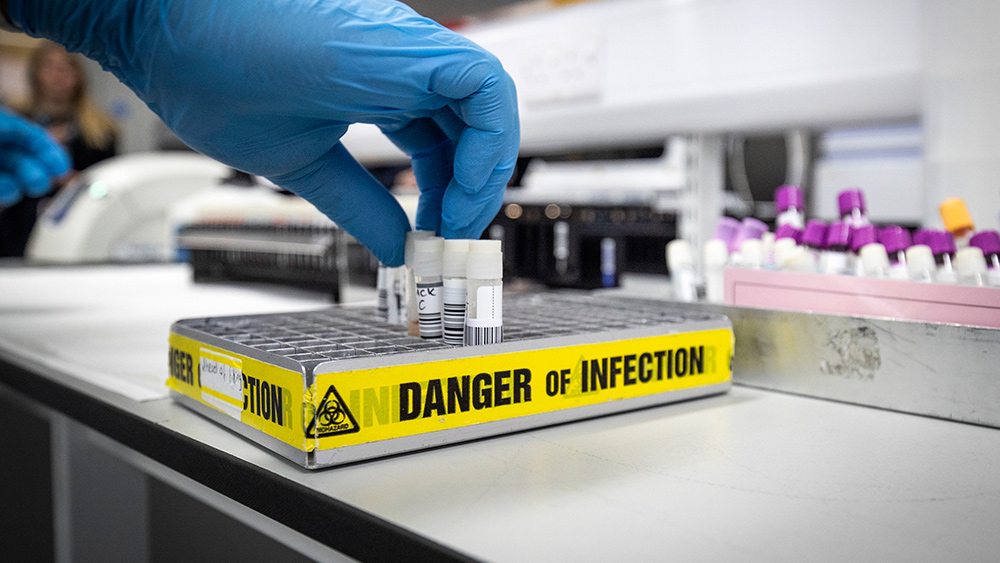
A prominent scientist who denounced a congressional investigation into gain-of-function research helped fund Wuhan Institute of Virology gain-of-function work flagged by congressional investigators.
(Article by Emily Kopp republished from USRTK.org)
Dr. Peter Hotez, dean of the Baylor College of Medicine National School of Tropical Medicine, has been a fierce critic of potential hearings next year into a possible lab origin of COVID-19 and whether the National Institutes of Health (NIH) prematurely discredited the hypothesis.
Hotez decried the hearings as nothing less than “a plan to undermine the fabric of science in America” in a viral tweet thread last week. Hotez also dismissed as an “outlandish conspiracy” the possibility that a lab accident sparked the COVID-19 pandemic.
However, Hotez’s own 2012 to 2017 NIH grant for the development of a SARS vaccine had the stated aim of responding to any “accidental release from a laboratory,” in addition to a possible zoonotic spillover of the virus.
The $6.1 million NIH grant also raises the possibility of “deliberate spreading of the virus by a bioterrorist attack.”
“SARS outbreaks remain a serious concern mainly due to possible zoonotic reintroduction of SARS-CoV into humans, accidental release from a laboratory, or deliberate spreading of the virus by a bioterrorist attack,” the grant’s description reads.
It’s not clear why Hotez has dismissed a possible lab release of SARS-CoV-2 as preposterous, after having conducted research for years to prepare for a possible accidental or deliberate release of SARS-CoV.
Hotez did not reply to emailed questions.
Hotez helped fund research on controversial chimeric coronavirus
While casting concerns about Wuhan’s labs as “fringe,” Hotez has not mentioned his own connection to a project involving a laboratory-generated chimeric SARS-related coronavirus that has come under Congress’ microscope.
The project was helmed by Zhengli Shi, a senior scientist and “virus hunter” at the Wuhan Institute of Virology nicknamed the “Bat Lady.”
As part of his NIH grant, Hotez subcontracted funding for research on combined or “chimeric” coronaviruses, a scientific paper shows. Hotez’s grant underwrote two of Shi’s collaborators on the project.
In the 2017 paper co-funded by Hotez, Shi and her colleagues generated a recombinant virus from two SARS-related coronaviruses: “rWIV1-SHC014S.”
It’s not clear whether the paper co-funded by Hotez should have been stopped under a temporary “pause” on gain-of-function work before 2017. However, some independent biosecurity experts have said research on this chimeric virus in some ways epitomizes lapses in NIH oversight of risky research in the years before the COVID-19 pandemic.
A prior study of one of the coronaviruses that comprised the chimera, WIV1, found it to be “poised for human emergence.” Another prior paper on the other coronavirus, SHC014, stated that its future study in lab-generated viruses may be “too risky to pursue.”
“The work here should have been at the very least, heavily scrutinized,” said David Relman, a Stanford microbiologist and biosecurity expert. “This work should have been heavily reviewed for [gain-of-function], and probably should have been subject to the pause prior to December 2017.”
Shi’s participation in the joint project was funded in part by EcoHealth Alliance, the paper shows. This NIH grant to EcoHealth — “Understanding the Risk of Bat Coronavirus Emergence” — has garnered scrutiny for its research on manipulated novel coronaviruses in Wuhan labs.
Specifically, an EcoHealth Alliance grant report obtained by congressional investigators demonstrated that a WIV1-SHC014 chimera generated thousands of times the viral load and enhanced lethality in mice with human airway cells. This prompted concerns among some biosecurity experts, scientists and members of Congress.
In response to questions from congressional Republicans, NIH acknowledged that the research was out of compliance with its own regulations on gain-of-function research.
“In this limited experiment, laboratory mice infected with SHC014 WIV1 bat coronavirus became sicker than those infected with WIV1 bat coronavirus,” the letter read. “As sometimes occurs in science, this was an unexpected result rather than something the scientists set out to do.”
An investigation could shed light on whether the risks of such experiments outweigh the benefits, but Hotez has not been forthcoming about this apparent conflict of interest.
“The construction and threat-characterization of rWIV1-SHC014 was — unequivocally — gain-of-function research,” said Richard Ebright, Rutgers Board of Governors Professor of Chemistry at Rutgers University. “It is a conflict of interest that, to my knowledge, has not previously been disclosed to The Lancet Commission … and that surely will be of interest to The Lancet Commission.”
The Lancet Commission
Hotez serves on The Lancet COVID-19 Commission, a panel of experts working to scrutinize the origin of the SARS-CoV-2 virus.
Commission Chair Jeffrey Sachs, a Columbia University economist, has in recent weeks called for an impartial investigation of the lab leak hypothesis.
Meanwhile, Hotez has suggested that the commission’s final reports should not incorporate Sachs’ concerns.
“Whenever I discussed the possibility that SARS-CoV-2 was a laboratory release, Hotez strongly rejected that possibility, but never explained to me or to the Lancet Commission that he actually had a grant that was based on that very kind of risk. He should certainly have been clear on that,” said Sachs.
Sachs said the 2017 paper generated questions about whether a potential conflict of interest should have been disclosed to the commission.
“I asked all of the Commissioners repeatedly to be transparent about any possible conflicts of interest,” Sachs added.
Read more at: USRTK.org
Submit a correction >>
Tagged Under:
biological warfare, biological weapon, bioterrorism, biowar, China, conspiracy, covid-19, gain-of-function, genetic lunacy, infections, medical experiments, outbreak, pandemic, Peter Hotez, research, science deception, science fraud, spike protein, Wuhan
This article may contain statements that reflect the opinion of the author
RECENT NEWS & ARTICLES
COPYRIGHT © 2020 CommunistChina.News
All content posted on this site is protected under Free Speech. CommunistChina.News is not responsible for content written by contributing authors. The information on this site is provided for educational and entertainment purposes only. It is not intended as a substitute for professional advice of any kind. CommunistChina.News assumes no responsibility for the use or misuse of this material. All trademarks, registered trademarks and service marks mentioned on this site are the property of their respective owners.







